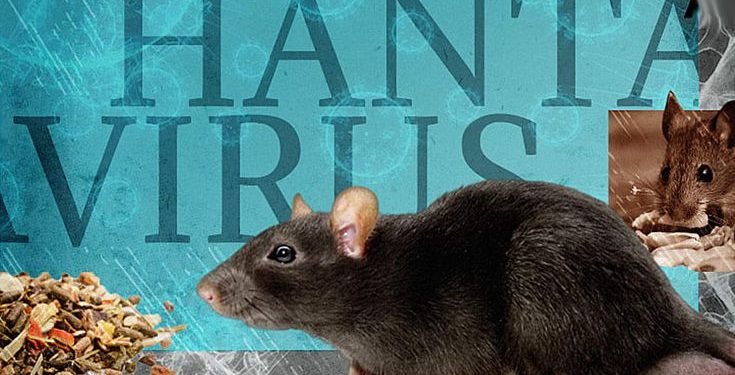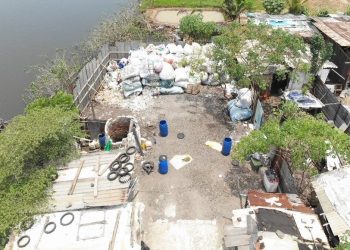Jakarta, Indonesia Sentinel — Indonesia’s Ministry of Health (Kemenkes) has confirmed eight cases of Hantavirus-induced Hemorrhagic Fever with Renal Syndrome (HFRS). Hantavirus was a family of viruses that could caused a severe disease and can be fatal.
The cases were reported across four provinces: West Java, Yogyakarta, East Nusa Tenggara, and North Sulawesi. All patients have since recovered after receiving hospital treatment.
Hantavirus belongs to a family of viruses primarily spread by rodents and can cause two serious illnesses in humans: Hantavirus Pulmonary Syndrome (HPS) and Hemorrhagic Fever with Renal Syndrome (HFRS). In Indonesia’s recent cases, the HFRS type was detected.
According to health officials, the virus spreads through exposure to rodent urine, droppings, saliva, or bites. Communities living in densely populated or unsanitary areas are considered at higher risk.
HFRS is considered a serious illness that can lead to kidney failure and, in some cases, death. The U.S. Centers for Disease Control and Prevention (CDC) notes that symptoms typically appear one to two weeks after exposure, though in rare cases, they may emerge up to eight weeks later.
Early symptoms include:
- severe headaches,
- back and abdominal pain,
- high fever,
- nausea,
- blurred vision.
Some patients may also develop facial flushing or skin rashes.
As the disease progresses, more severe symptoms may develop:
- low blood pressure,
- acute shock,
- internal bleeding (from leaking blood vessels),
- acute kidney failure.
Read Also:
Microsoft Retires Iconic Blue Screen of Death, Replaces It with Sleeker Black Version
In advanced cases, patients may require dialysis to remove toxins and maintain fluid balance as kidney function deteriorates. The severity of the disease can vary depending on the specific strain of the virus. HFRS is known for its high fatality rate, with an estimated 5–15% of cases resulting in death.
There is currently no specific treatment or vaccine for Hantavirus infections. Medical care is focused on supportive therapy, including rest, fluid management, and treatment of individual symptoms.
(Raidi/Agung)


























